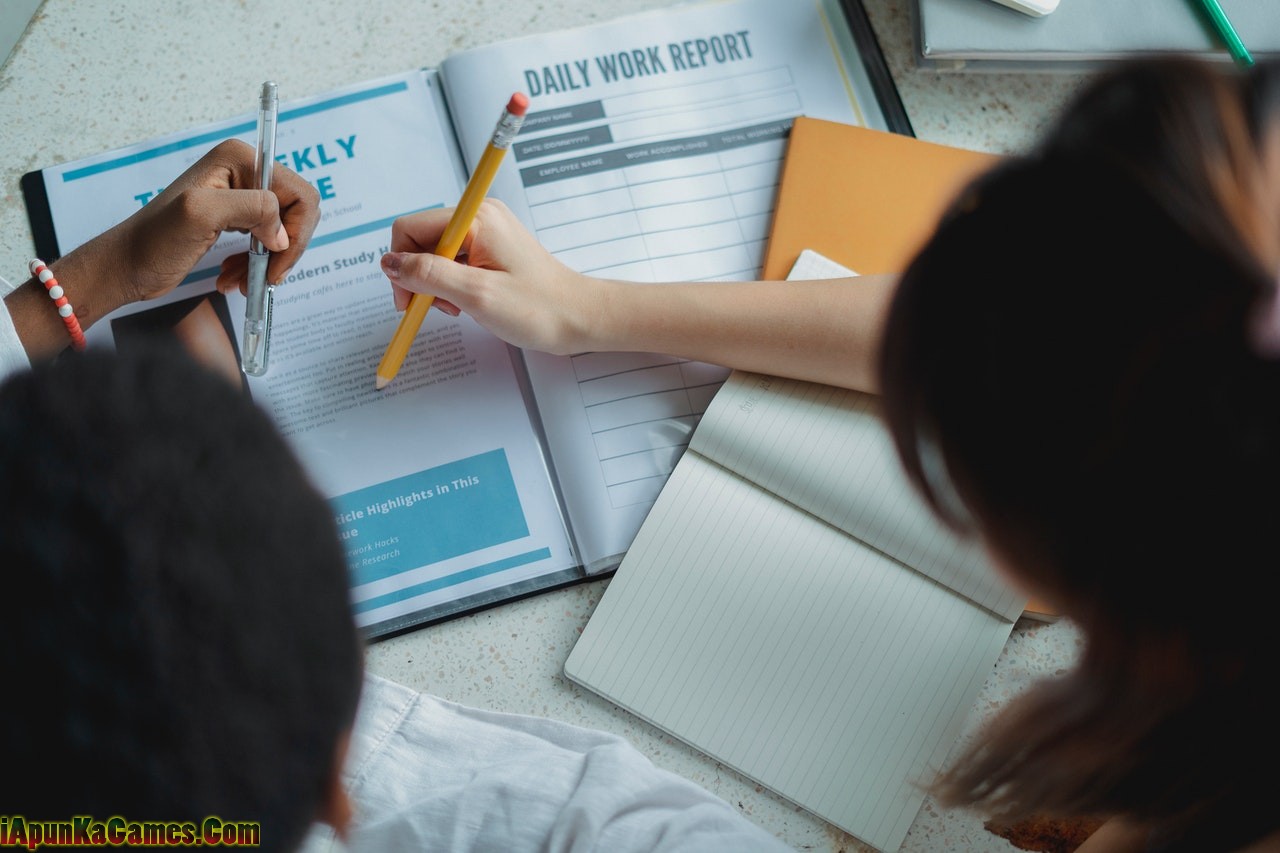The final examinations for almost every greed are coming up. Students are busy completing assignments, submitting projects, and learning or revising their notes to prepare for exams. But how efficient have they been in doing so?
A school information management system does provide many innovative and useful tools for students that could be used before an exam study. Even the LMS portal has every resource and study material uploaded so that students don’t lag and can review lectures as much as possible. But that too does not seem to be enough to help out students. This is because having the notes and study material prepared and ready is not enough to encourage them to study.
Here are some valued study tips that can help students be efficient at their own pace, without being overwhelmed and too stressed about the exams;
Table of Contents
Don’t rush learning
If you push yourself to learn or understand something, you will end up either not understanding it and only mugging it up, or not being able to retain the information for long. Ultimately, rushing yourself to study is not advantageous under any circumstances.
To avoid last-minute cramming, rely on efficiency. Even if you are unable to cover the entire syllabus, ensure that whichever portion you have studied is something that you are completely thorough with. This being said, now comes the portion of selective studying where only important portions are to be covered leaving aside the ones which have a low probability of being asked in the exam paper.
Organize material
You might think that organizing materials mean collecting all the study materials such as notes, PDFs, books, and textbooks. However, your study space is also an important factor that you should consider.
Make sure that you have enough space in front of you to spread out all the books and copies without getting annoyed. It should be in an irritated and well-lit place, considerably not in front of a window because that could be distracting. Select carefully the most peaceful corner of your house where you will not be interrupted by your siblings or other family members. And most importantly, keep all the distractions out of your sight. These distractions could be video games, mobile phones, or even musical instruments.
Practice old papers and sample papers
If you think that you have completed most portions of your syllabus, instead of resting all day and revising the notes over and over again, try practicing some sample papers. It will give you time to understand the pattern of questions. Once students are comfortable with solving question papers in a given time, they can manage their time, increase writing speed, and have a mentally organized method using which they will be able to complete their exam and even revise the entire answer sheet before submitting.
Research has found that practicing sample papers and previous years’ questions increases the accuracy rate of answers for students.
Explain the answers
Do you still have doubts about some topics from the syllabus? Try explaining these answers to a friend, or try explaining them to yourself. This is a very commonly adopted method by students where they pretend to be teachers. Explaining an answer will help the student to get the concept cleared, and also highlight important portions which they have to remember.
Regular breaks
Don’t be afraid of taking breaks because this only increases your efficiency in the learning process. Sometimes it studying all day long might seem ideal but without any proper study breaks, it is useless because our brain is not capable of absorbing a lot of information at once, without having some refreshment.
The breaks should also be productive, and not something that consumes most of your brainpower. Try having a walk outside, or simply look outside the window for a few minutes. Doing nothing is also a form of relaxing break method.
Positive affirmations
Keep sending yourself positive affirmations throughout the day. Without self-motivation and encouragement, students don’t stand anywhere. Doubting himself before the exam is the worst thing that you can do, but overconfidence is also not good. The middle ground is sending yourself positive affirmation, and believing that you will be able to do better with whatever you have practiced and studied in the past few days.

